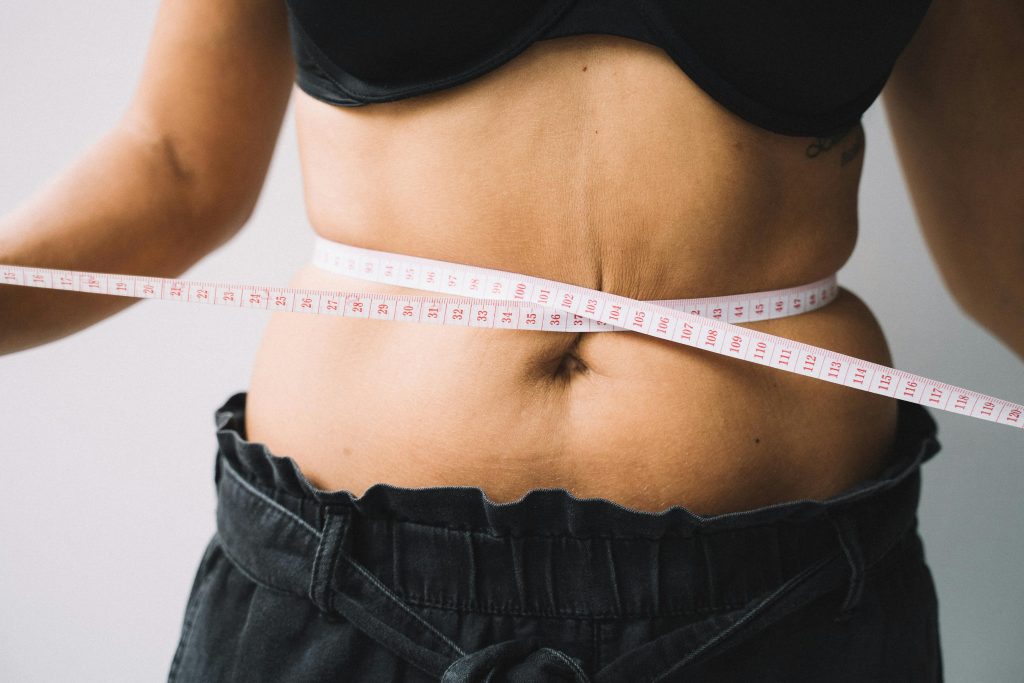Geschatte leestijd: 3 minutenResearchers from the University of Gothenburg in Sweden have demonstrated the existence of an internal system that measures body weight. Fooling this ‘internal scale’ may be a way to lose weight, but in practice, it tends to have the opposite effect.
Internal Scale
A very interesting study from Scandinavia points to the existence of a kind of internal scale that has a regulatory effect on body weight and the amount of body fat.
According to the researchers, increased body weight activates a sensor that depends on osteocytes, the most common cells in bone tissue. These cells can sense the pressure on the bones and thus register weight and estimate fat mass. This mainly occurs in the legs. When weight increases, a signal is sent to the brain to decrease the amount of food intake in order to maintain constant weight.
The study was conducted by making obese mice even heavier by attaching weights to their abdomen and back. The mice then lost approximately the same amount of weight as was added. The extra weight caused a decrease in body fat and improved blood sugar levels. This effect was absent when the extra weights were given to mice in which these osteocytes (and thus the internal scale) were disabled.
This mechanism is completely independent of the ‘hunger hormone’ leptin and could be the first newly discovered body fat-regulating system since the discovery of leptin 23 years ago. However, to date, knowledge about leptin has failed to provide a single solution to obesity. A combination of knowledge about both systems could potentially yield greater results.
The mechanism that we have now identified regulates body fat mass independently of leptin, and it possible that leptin combined with activation of the internal body scales can become an effective treatment for obesity.
Claes Ohlsson, Sahlgrenska Academy, Gothenburg University.
As indicated in the introduction, unfortunately, this system can also work against you when it receives incorrect information. This can happen when it thinks you are lighter than your actual weight, a situation that occurs not only in space or while swimming. According to the research, we do this unconsciously every day, sometimes for hours on end. The research could also provide an explanation for the effects of excessive and prolonged sitting on obesity. Prolonged sitting could cause the weight to be incorrectly (too light) estimated by the internal scale. This would signal you to eat more and thus gain weight. So, it may not only be the lack of exercise when sitting for long periods that can contribute to weight gain.
New Anti-Obesity Medication?
In the press release about the research, the researchers state that they hope to develop new medication based on this insight aimed at weight loss. Can’t it be simpler?
The method by which the internal scale has been demonstrated, in my opinion, is also the way you can make this knowledge work in your favor in practice. Vests weighted with weights are not new in fitness. Various athletes use them for various reasons. Now, it may not be practical to walk around with 20 kilograms on your body all day if you need to lose twenty kilograms. It’s probably also not advisable to carry an extra 50 kilograms if you are already 50 kilograms overweight. However, it is worth investigating this effect in humans and seeing at what extra added weight a potential benefit occurs.
People sometimes do crazier things to lose weight, and medication is usually not the ideal solution either.
Internal Scale, Muscle Mass, and Obesity
As mentioned, you may wonder how strong this system is. In people with obesity, but also in people with a lot of muscle mass, we see that the adaptation to large amounts of food apparently works stronger than this internal scale. Otherwise, gaining weight would also incur diminishing returns in terms of food. Then it would become increasingly difficult to eat a lot when you get heavier. In practice, we see the opposite.
So, the system itself is often not a match for other influences that continue to result in more energy intake than expenditure. However, by ‘fooling’ the system as in the study, you might be able to give it a boost.
References
- John-Olov Jansson, Vilborg Palsdottir, Daniel A. Hägg, Erik Schéle, Suzanne L. Dickson, Fredrik Anesten, Tina Bake, Mikael Montelius, Jakob Bellman, Maria E. Johansson, Roger D. Cone, Daniel J. Drucker, Jianyao Wu, Biljana Aleksic, Anna E. Törnqvist, Klara Sjögren, Jan-Åke Gustafsson, Sara H. Windahl, Claes Ohlsson. Body weight homeostat that regulates fat mass independently of leptin in rats and mice. Proceedings of the National Academy of Sciences, 2017; 201715687 DOI: 10.1073/pnas.1715687114

